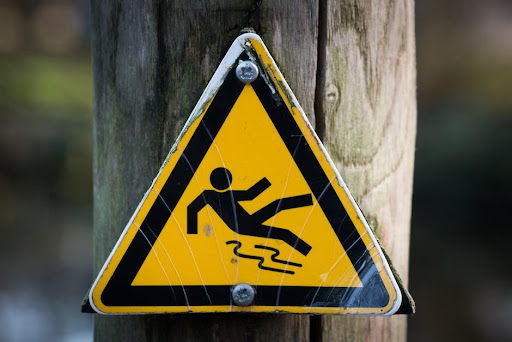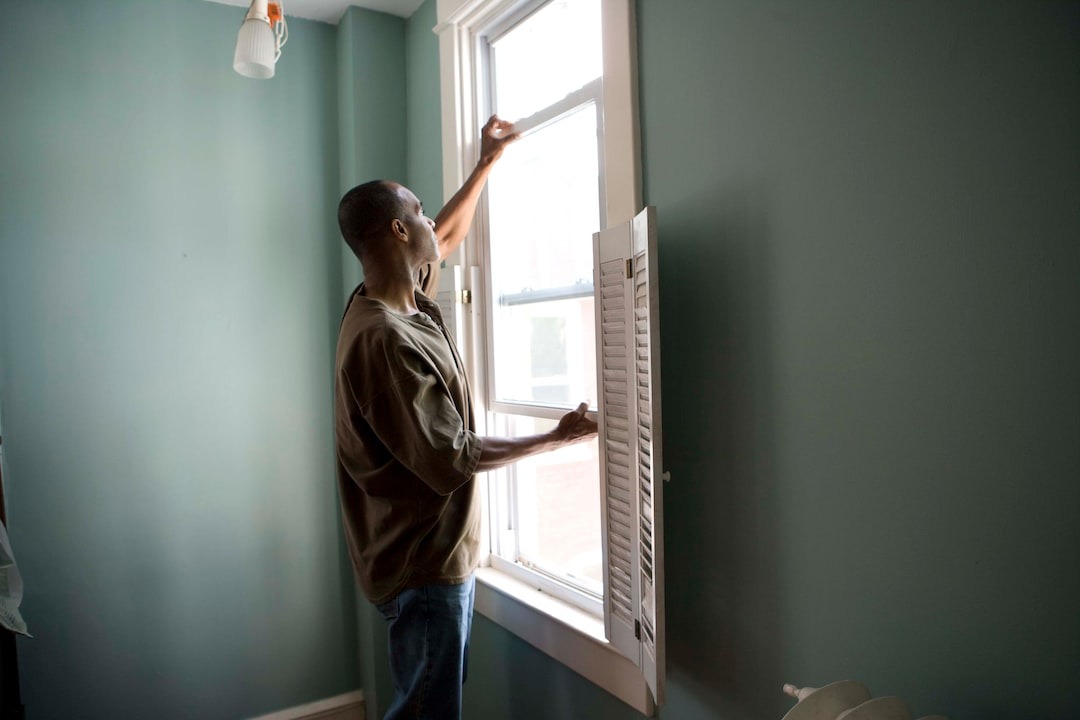Statistics tell us that 40% to 60% of individuals with a substance use disorder will relapse. Those numbers are suitable in normal, everyday existence, but the COVID-19 pandemic has injected unthinkable challenges.
Losing loved ones unexpectedly, personal or familial illnesses, unemployment, financial strain — all of these stressors can mount to a far bigger risk of relapse. Unfortunately, these situations are happening more due to COVID-19. Add the fact that shelter-in-place orders and having to stay home in quarantine means being forced to avoid friends and loved ones or the usual support system. These issues can all be a recipe for calamity for a person in recovery.
Help and Advice Are Available for Avoiding Relapse While Quarantined
Being forced into quarantine can make it extremely challenging to stay sober. Loneliness, boredom and an absence of in-person support meetings will make it difficult for those who have completed a recovery program. However, there are so many resources available for those in recovery, even when they are stuck at home.
Most organizations and treatment centers have developed telehealth protocols so patients in recovery can continue therapy sessions and other pertinent appointments. If you’re in quarantine and struggling, reach out to someone and talk.
Principles to Follow to Help Avoid Relapse
While there’s no shortage of stress around you during this time of chaos, it’s critical to stay in recovery mode. The moment you are not in that mode, relapse has already started. Creating a good relapse prevention plan is an effective way to stay on the right path.
- 1. Define your triggers. Triggers for someone in recovery can be internal or external in nature. The more aware you are of personal triggers, the more you can avoid those triggers and the risk of relapse.
- 2. Recognize HALT (hungry, angry, lonely and tired). These are the feelings that can trigger using for many people in recovery. If you are facing a major craving or preoccupied with thoughts of using, stop and consider if any of the feelings of HALT could be to blame. If so, tending to those feelings can help thwart cravings in many cases.
- 3. Learn meditation. Meditation is designed to increase self-awareness so one can better avoid internal relapse triggers. A study suggested those in recovery who practiced mindful meditation had significantly improved outcomes.
- 4. Join a (virtual) support group. You may be a member of an in-person support group already, but if that group currently cannot meet, you need a fallback. Virtual support groups are readily available. Even if you are sheltering in place, there is a good chance you can find an online meeting at most times of the day.
- 5. Make a list of emergency contacts. If all else fails, you need a list of people to whom you can reach in an emergency situation. These people are your proverbial lifelines. Friends, family members or even those who are traveling the recovery path with you are crucial.
You’re Not Alone — Let Us Help
The COVID-19 pandemic has drastically changed a lot of lives. Avoiding relapse through challenging times can be tough. Having a good relapse prevention plan in place could make all the difference. Buena Vista Recovery offers proven and effective therapy programs for those in the middle of active addiction as well as those avoiding relapse or seeking relapse recovery. Contact us today to discuss how we can help you or your loved one.




